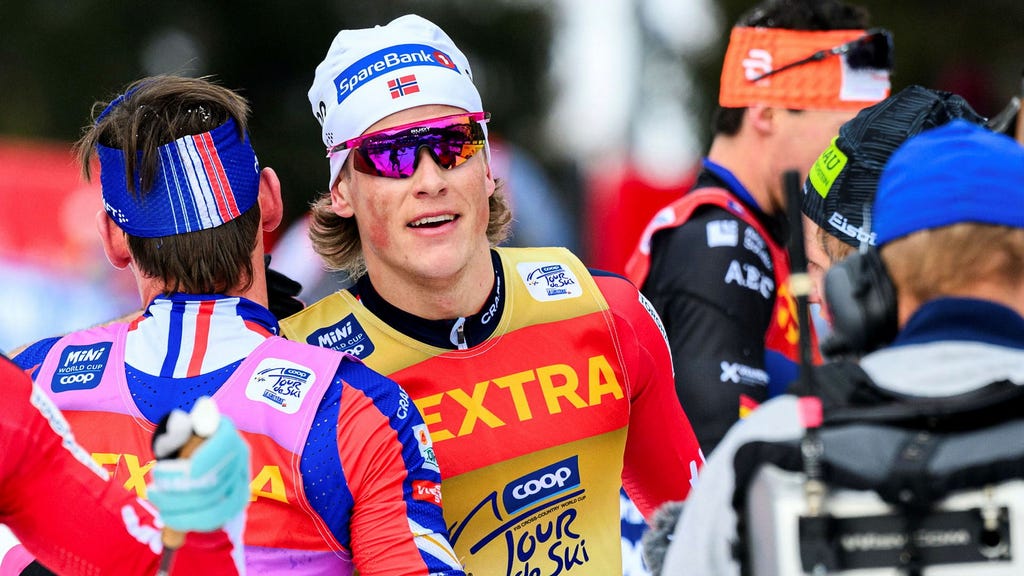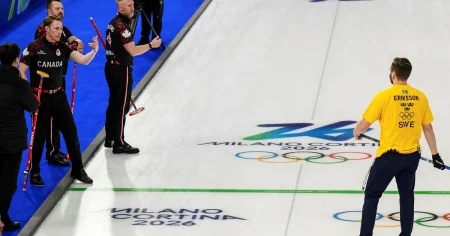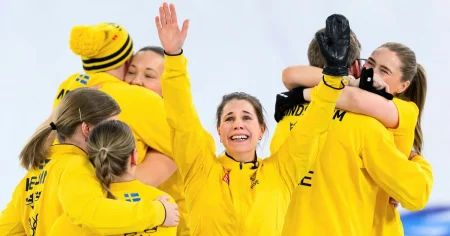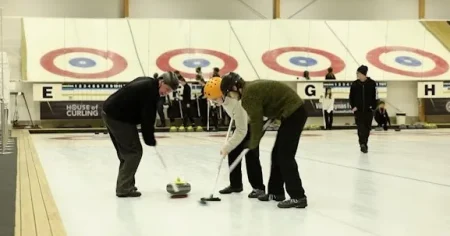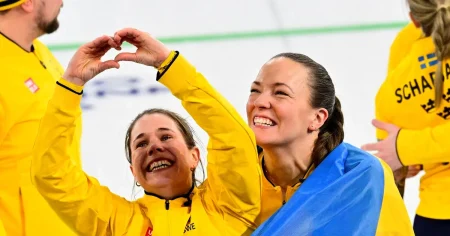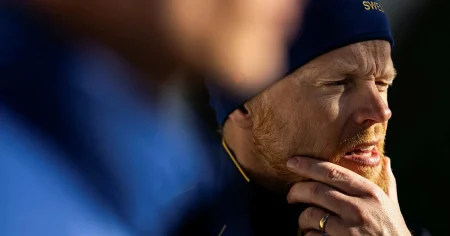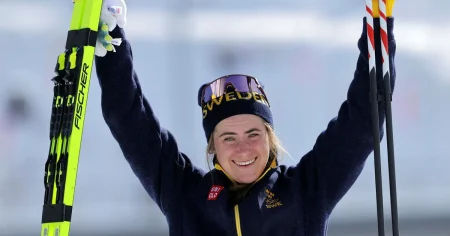Johannes Høsflot Klæbo has etched his name alongside cross-country skiing legend Dario Cologna, matching the Swiss maestro’s record of four Tour de Ski victories. This latest triumph underscores Klæbo’s dominance in the sport, solidifying his position as one of the most accomplished skiers of his generation. His relentless pursuit of excellence, combined with an innate talent and unwavering dedication, has propelled him to the pinnacle of cross-country skiing. This victory, however, was more than just another notch on his belt; it represented the culmination of meticulous preparation, strategic racing, and an unwavering mental fortitude that allowed him to overcome the grueling demands of the multi-stage event.
The Tour de Ski, a demanding multi-stage cross-country skiing competition held annually around the New Year, tests athletes across various disciplines, including sprints, distance races, and uphill climbs. It requires not only exceptional physical prowess but also a keen tactical mind and the ability to manage fatigue and changing conditions across different terrains and weather patterns. Klæbo’s mastery of these diverse challenges, demonstrated consistently throughout the tour, showcased his comprehensive skill set and solidified his reputation as a truly versatile skier. His ability to maintain peak performance throughout the demanding stages, often against fierce competition, is a testament to his exceptional training regimen and mental resilience.
For Sweden, Edvin Anger emerged as the leading contender, securing a commendable ninth-place finish overall. While a top-ten placement in such a prestigious event is a significant achievement, a tinge of disappointment colored Anger’s reflection on the Tour. He acknowledged the positive aspects of his performance, recognizing the significance of finishing among the elite skiers in the world. However, the proximity to the podium, the tantalizing possibility of a top-three finish, left him with a sense of what could have been.
Anger’s ninth-place finish, while respectable, reveals the competitive landscape of cross-country skiing, where the margins between success and near-success are often razor-thin. His performance, however, also highlights the promising future of Swedish cross-country skiing. Anger’s consistent presence among the top contenders suggests the potential for future podium finishes and perhaps even challenging for the overall title in years to come. His dedication and perseverance, combined with the experience gained from competing against the world’s best, will undoubtedly shape his future endeavors in the sport.
Analyzing Klæbo’s performance throughout the Tour de Ski reveals the key elements that contributed to his resounding victory. His explosive speed in the sprint events gave him a crucial edge, allowing him to accumulate valuable bonus seconds and establish an early lead. His tactical acumen in the distance races, often conserving energy during the initial stages before unleashing a decisive attack in the final kilometers, proved equally effective. Furthermore, his exceptional climbing ability allowed him to conquer the challenging uphill stages, further solidifying his overall lead and demonstrating his comprehensive mastery of cross-country skiing disciplines.
The Tour de Ski is more than just a series of individual races; it’s a test of endurance, resilience, and strategic thinking. The overall winner is not necessarily the fastest skier in every discipline but the athlete who can consistently perform at a high level across all stages, managing their energy reserves and adapting to changing conditions. Klæbo’s victory exemplifies this holistic approach to the competition. His consistent performance throughout the Tour, his ability to capitalize on his strengths and minimize weaknesses, and his unwavering mental fortitude in the face of unrelenting pressure all contributed to his historic fourth Tour de Ski title, cementing his legacy as one of the greats of the sport.





